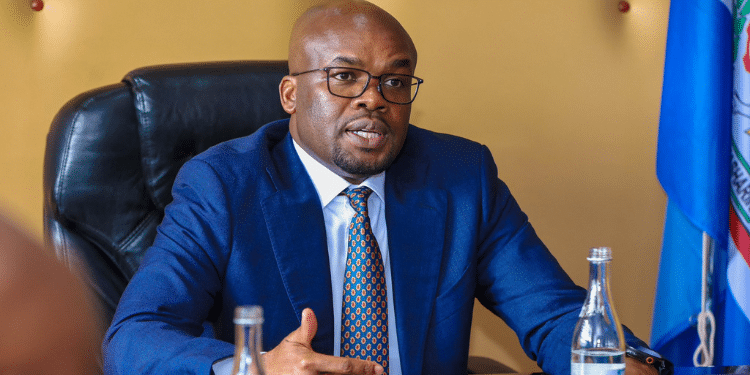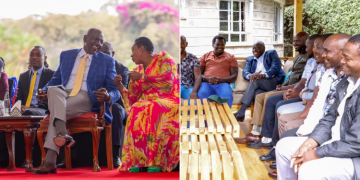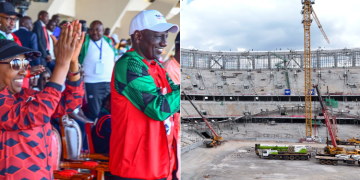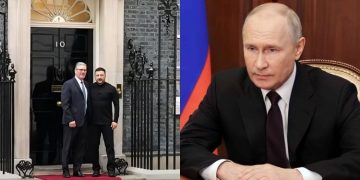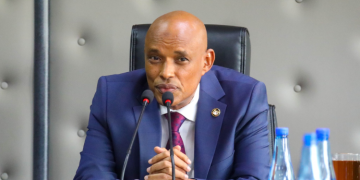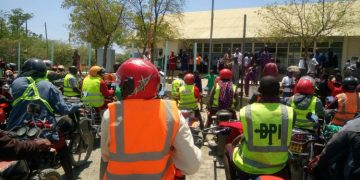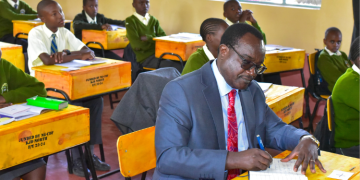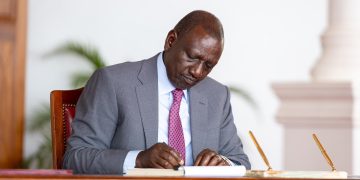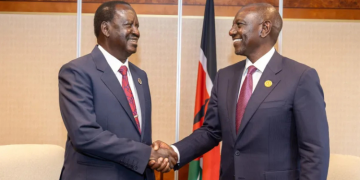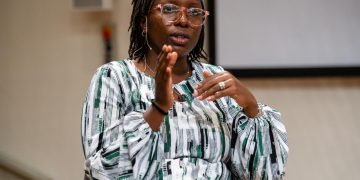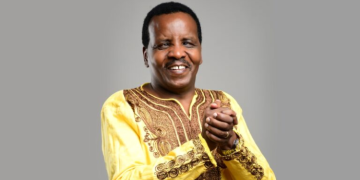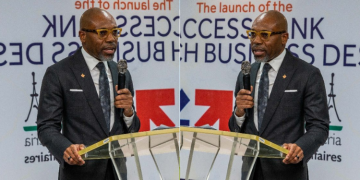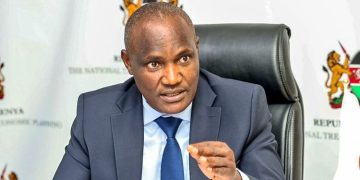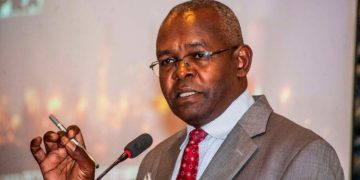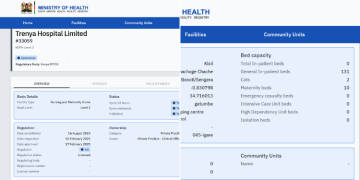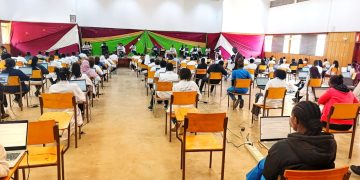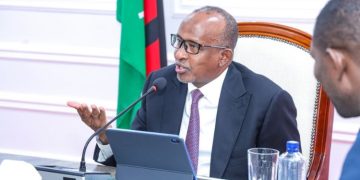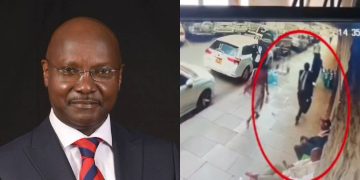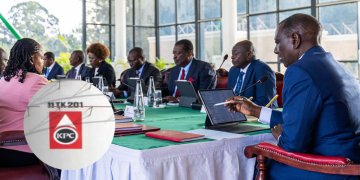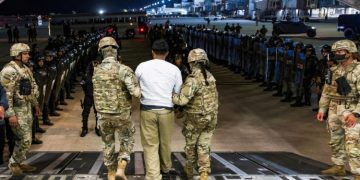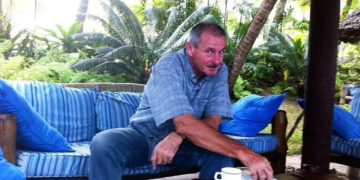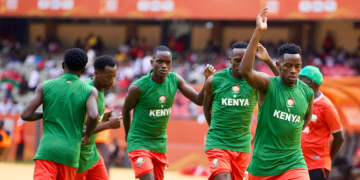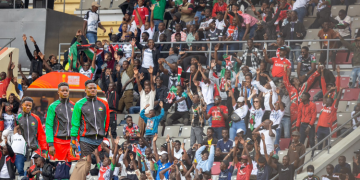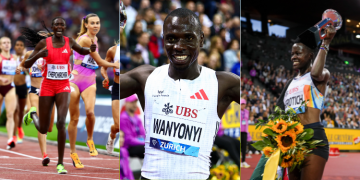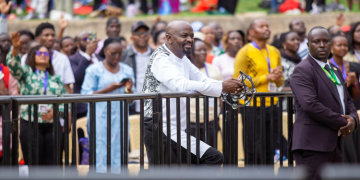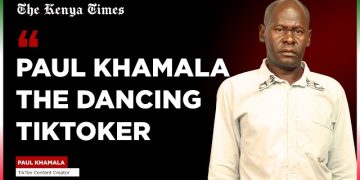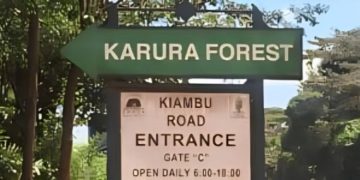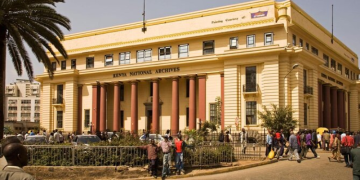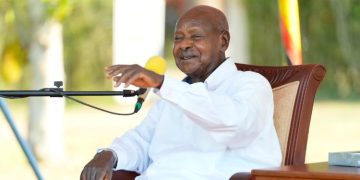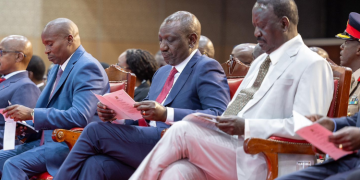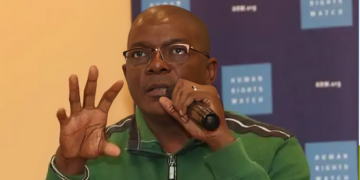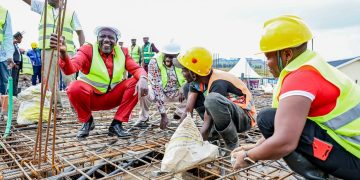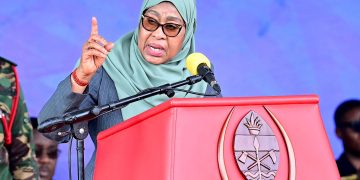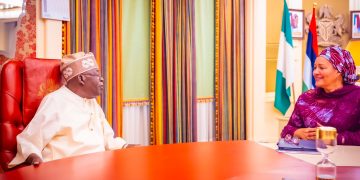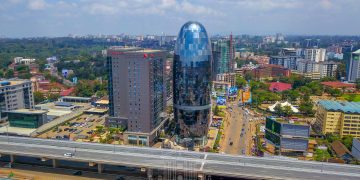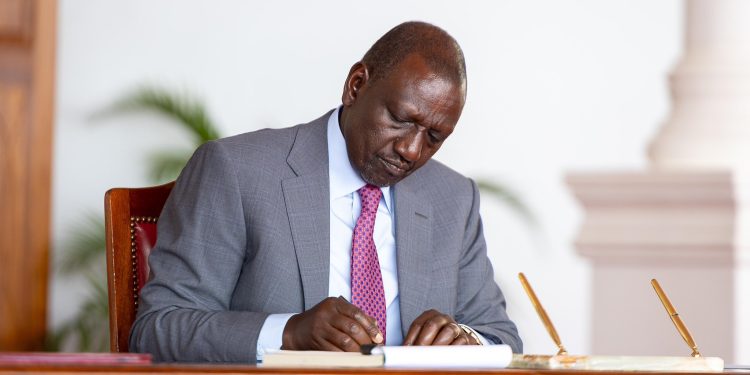History remembers leaders not for comfort but for courage. Transformative figures share three traits: they disrupt the status quo, they execute under extreme constraints, and they envision a future beyond the present horizon.
From America’s founders who broke free from empire to the Asian Tigers who charted their own industrial path, progress has always meant unsettling the present in order to unlock the future. Kenya today stands at such a moment of reckoning.
In his first three years, President William Ruto has chosen disruption not as chaos but as a deliberate catalyst for reform and renewal.
His style blends radical change with pragmatic execution and aspirational vision – a rare mix that has begun reshaping Kenya’s politics and economy at a critical juncture.
This philosophical grounding is not foreign to Kenya. At independence, leaders faced the ideological question of how to grow. Through Sessional Paper No. 10 of 1965, the nation adopted African Socialism – a uniquely Kenyan philosophy rooted in democracy, dignity, mutual responsibility, and a mixed economy.
Disruptor, Reformer, Dreamer: The making of Ruto’s legacy
Today, the Hustler Nation revives that founding debate with 21st-century urgency: what kind of economy should Kenya build, who should it serve, and how should resources be shared?
By re-centering politics on ordinary Kenyans – farmers, teachers, traders, boda boda riders, and the youth – the President has reopened the nation’s most fundamental questions.
His restructuring of subsidies, unpopular but necessary, reflects the very essence of radical leadership: rarely comfortable, often contentious, but always defined by courage to make privileged enemies in order to secure a fairer system for the majority.
Yet disruption alone is not enough. Practical governance is what sustains nations. Confronted with public debt, food insecurity, and joblessness, the President has anchored reforms in agriculture, affordable housing, Universal Health Coverage, and MSME empowerment.
Also Read: More Kenyans Make Money from Remote Jobs as Govt Expands Digital Opportunities
From Hustler Fund to Historic Growth
The Hustler Fund, offering micro-credit to citizens excluded from the banking system, directly challenges a decades-old financial order. Already, thousands of small traders have accessed credit and invested in their livelihoods – a quiet but powerful revolution in grassroots empowerment.
Other nations offer useful mirrors. During the Great Depression, Franklin D. Roosevelt dared to launch the New Deal despite fierce opposition. He showed that radical courage, even when unpopular, can stabilize a nation and restore hope.
Lee Kuan Yew in Singapore proved that disciplined, practical execution – not rhetoric – can transform a struggling society into an economic powerhouse. And Mahatma Gandhi envisioned empowerment from the village outward, insisting that prosperity must begin at the grassroots.
These leaders illustrate what President Ruto is attempting: radical enough to disrupt, practical enough to execute, and visionary enough to dream beyond the present.
Unlike populists who promise without delivery, President Ruto has favored execution. His frequent county tours – where he listens, launches projects, and measures progress firsthand – show a leader deeply invested in service, not spectacle. Practicality for him means choosing sustainability over applause, and patient reforms over quick fixes.
The results are becoming evident with Kenya’s GDP expanding to over Ksh 17 trillion, cementing its position as East and Central Africa’s largest economy and 6th in Africa.
Inflation has dropped sharply from 9.6% in October 2022 to 4.1% as of today, easing the cost of living for ordinary households.
The shilling, once battered, has stabilized, while foreign exchange reserves stand at USD 11.8 billion, safeguarding imports and trade.
Farmers’ productivity is at an all-time high, intensively boosted by the fertilizer subsidy program, with maize production in the North Rift and Western Kenya hitting record surpluses.
Incidents of cattle rustling have reduced by over 70% on account of Operation Maliza Uhalifu; a strategic approach incorporating peace dialogues, disarmament, and the deployment of community policing units.
Markets once abandoned in Turkana and West Pokot are thriving again, and schools that had closed due to insecurity are reopening.
Also Read: Affordable Housing Push Creates 330,000 Jobs, Injects Ksh 11B into Jua Kali and Small Businesses
Kenya Leads in Health, Climate, and Diplomacy
The once barely attainable Universal Health Coverage is now in hand as Kenya rolled out Taifa Care, bringing under the Social Health Authority over 25 million citizens, a number triple its preceding NHIF. Families can access healthcare without catastrophic costs.
Over 7,500 new healthcare workers have been recruited and deployed, reducing doctor-to-patient ratios while digital health records are improving efficiency in county hospitals.
Kenya’s voice has also grown abroad. The Africa Climate Summit and his leadership within the AU have placed the country at the front row of continental diplomacy.
From climate action to regional trade and peace mediation, Kenya now plays a bridging role that strengthens both its global standing and its domestic economy. For a nation long seen as a follower, this renewed assertiveness has repositioned Kenya as a leader.
Recognizing that the challenges remain stark: debt, unemployment, food insecurity, and climate shocks, Kenya’s history will not remember the comfortable or the cautiously populist.
It will remember those radical in courage, practical in action, and visionary in purpose to place the nation firmly in the future. In this moment, President Ruto stands as all three.
The article was written by Dr Raymond Omollo, PhD, CBS, Principal Secretary, State Department of Internal Security and National Administration
Follow our WhatsApp Channel and X Account for real-time news updates.
